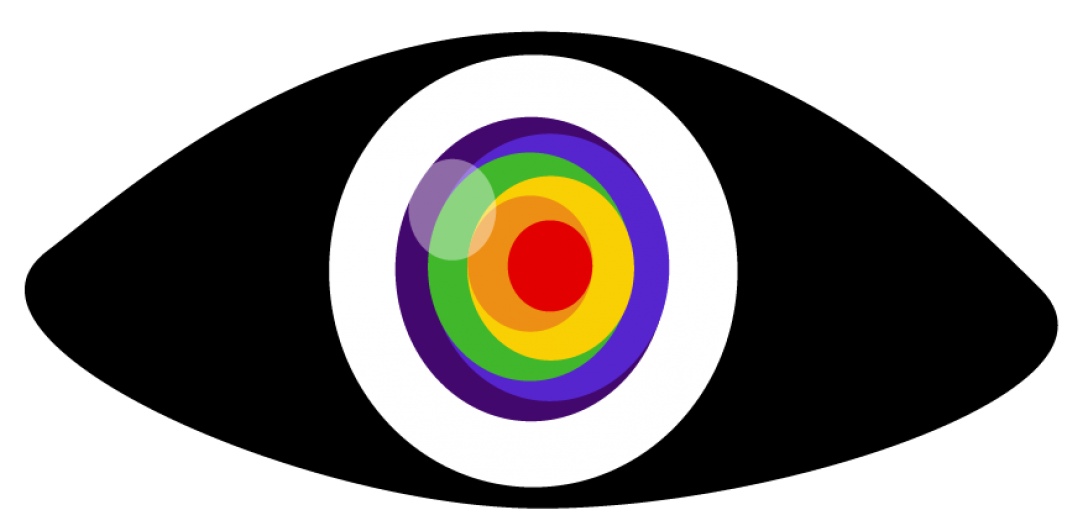The symposium Questioning Models: Intersectionality in Digital Humanities took place at the Universität zu Köln from 8 to 10 November 2017. The event served to gather together participants from different cultural and scholarly backgrounds in order to question the dominant model of knowledge production, dissemination and reception in the field of Digital Humanities. It was a successful for three main reasons:
it promoted the adoption of intersectional perspectives in the development of digital projects;
It challenged our theoretical framework by decentering the hetero-normative and western-centric canon and paradigm;
it fostered an incipient community of scholars that may lead to further collaborations in the near future.
The idea of the event arose a project on Italian and German women writers during the Renaissance (funded by NetEx-“Network and Exchange” Programme 2015/2016). On 8th November the two opening keynotes focused on this particular topic: on one hand, Serena Sapegno presented her editorial work on the Renaissance writer Vittoria Colonna and more generally talked about the still urging need to discuss and rethink the literary canon from an intersectional perspective. On the other hand, Vera Fasshauer presented a DH project run by the University of Frankfurt about princesses correspondence in early Modern Germany. The corpus was annotated and analysed from a linguistic, stylistic and content perspective and allowed the discussion of interesting questions about the development of a private women writing culture.
Two more theoretical and methodological approaches were given by Øyvind Eide and Domitilla Olivieri: the first one discussed the way in which modelling an object of research mirrors the modeller perspective and the other way round, so that modelling can become a sort an hermeneutic exercise showing limits and possibilities of interpretation. Domitilla Olivieri discussed how methodologies and theories can re/produce the process of constructing (ethnic and gendered) identities. Other contributions were devoted to different aspects of intersectionality: archives, slavery and marginal subjectivities (Levi); a gendered ontology for Europeana (Kyvernitou); the study of identities in user-generated literature reviews on Goodreads by using quantitative methods (Rebora); the construction of gender in the hunter-gatherer Rock Art of the Brandberg/Daureb, Namibia (Faederer et al.); and informal knowledge production by Mongolian women migrants in Western culture (Tsegmid). Further presentations (Bordalejo, Pierazzo, Carinci, Mancinelli and Cappellotto) were dedicated to the discussion of textual scholarship and how (digital) editors can contribute to the construction of the literary canon exploring the role, in/visibility, and position of women writers with a cross-cultural perspective. Other participants not only focused on gender, but also on how digital projects may become more accessible for people with disabilities (Mancinelli, Zimmer, Gengnagel).
In addition to presentations, on 10th November there were two workshops on encoding women’s letters with TEI and topic modeling for text analyses with a gender perspective. The Organizing Committee is deeply grateful to NetEX for supporting travel expenses for international guests and the Cologne Center for eHumanities members for providing hosting facilities.
The Cologne Centre for eHumanities (CCeH) is organising a two-day symposium and a one-day workshop at the University of Cologne. The event aims at exploring intersectional approaches to textual scholarship and Digital Humanities theories, practices, and tools.
intersectionality
The interconnected nature of social categorizations such as race, class, and gender as they apply to a given individual or group, regarded as creating overlapping and interdependent systems of discrimination or disadvantage. —Oxford Living Dictionaries
A session will be dedicated to Italian and German women writers during the Renaissance. This specific case study is part of a project funded by NetEx (Network and Exchange funding programme, University of Cologne).
If you are presenting a paper, attending or taking part of our workshop, please register before November 5!
Official hashtag: #QMIDH2017
